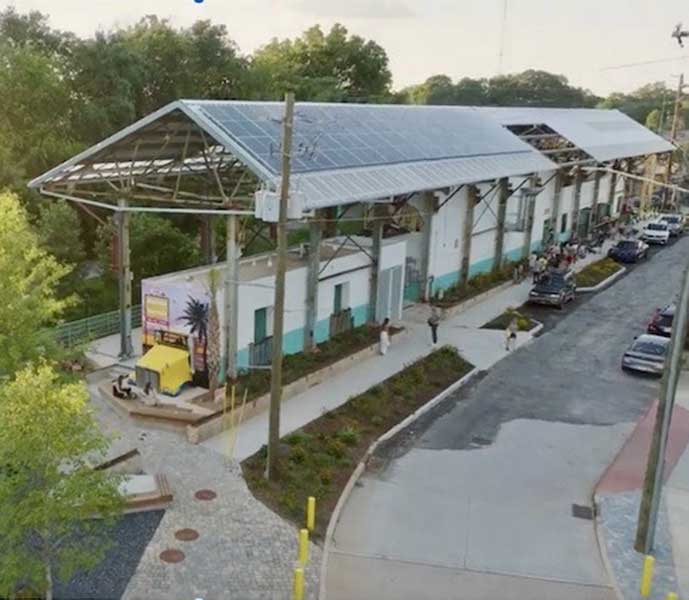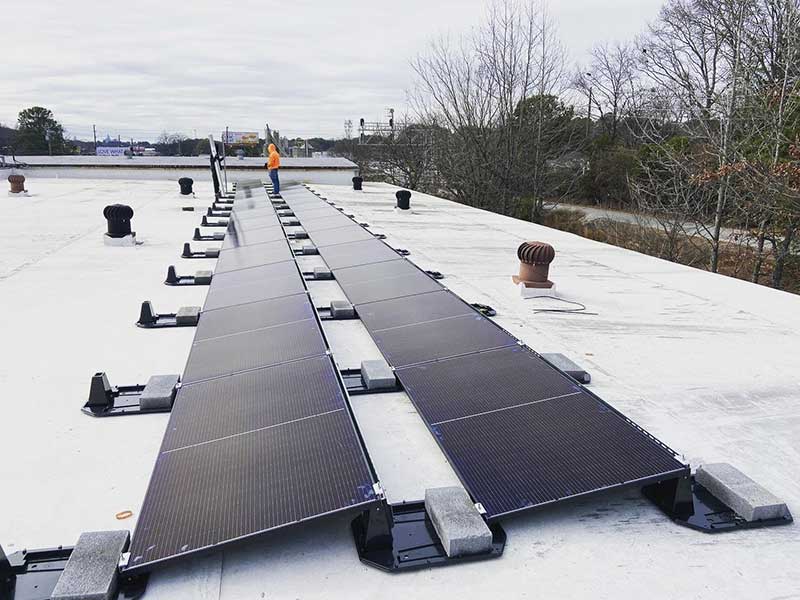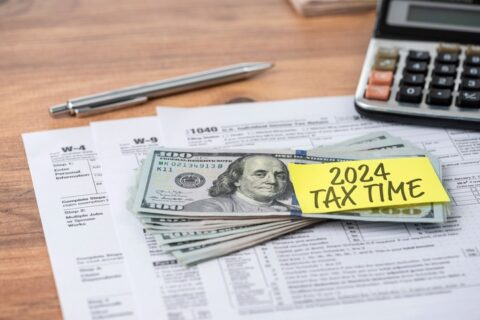Federal Incentives for Commercial & Nonprofit Solar + Battery Storage
Unlocking Big Savings Through the Inflation Reduction Act (IRA) & One Big Beautiful Bill Act (OBBBA)
The Biden Administration’s Inflation Reduction Act (IRA), along with the broader One Big Beautiful Bill Act (OBBBA), delivers a historic set of federal incentives for commercial businesses and nonprofit organizations investing in solar energy and battery storage systems.
These incentives not only reduce upfront costs but also make clean energy projects more accessible — especially for nonprofits that previously couldn’t benefit from tax credits.

Key Incentives at a Glance
1. Investment Tax Credit (ITC) / Clean Electricity Investment Credit
Base Credit: 30% of project costs for qualifying solar and battery systems.
- Under 1 MW → Automatically eligible for the full 30% credit
- Over 1 MW → Must meet prevailing wage and apprenticeship requirements
2. Bonus Credits
- +10% Domestic Content Bonus
For systems using U.S.-made steel, iron, and manufactured components. - +10% Energy Community Bonus
For systems located in or benefiting former coal, oil, or gas communities.
(2% if >1 MW and labor requirements not met)
- +10–20% Low-Income Community Bonus
For systems located in or serving:- Qualified low-income census tracts
- Federally subsidized housing
- Tribal lands
- Low-income community solar programs

Standalone Battery Storage Now Qualifies
Battery storage systems no longer need to be paired with solar to receive the ITC.
Production Tax Credit (PTC) / Clean Electricity Production Credit
An alternative to the ITC, the PTC offers:
- 6¢ per kWh (2023 rate, inflation-adjusted annually)
- Paid over 10 years for solar energy produced
- Ideal for large-scale, high-output systems

Direct Pay (Elective Pay) for Nonprofits and Tax-Exempt Entities
Now available to:
- Nonprofits
- Schools and municipalities
- Tribal governments
- Rural electric cooperatives
These groups can now receive cash payments from the IRS equal to the value of the ITC or PTC — no tax liability required.
Accelerated Depreciation (MACRS)
For-profit businesses can also benefit from:
- 5-year MACRS depreciation schedule
- 100% bonus depreciation in year one (2025), followed by standard MACRS
Transferability of Tax Credits
Businesses with insufficient tax liability can sell unused tax credits to a third party, unlocking more flexibility in project financing.
Key Deadlines & Phase-Outs
| Incentive Type | Begin Construction By | In-Service Deadline | Notes |
| ITC/PTC (Solar & Wind) | July 4, 2026 | Dec 31, 2027 | Miss both = no credit |
| Battery Storage | Dec 31, 2033 | N/A | Phase-out begins after 2033 |
Important Notes
- Consult a qualified solar installer and tax advisor to confirm your project’s eligibility.
- Follow the latest IRS guidance on prevailing wage, domestic content, and bonus allocations.
- Plan ahead — construction delays may result in lost incentives.

Bottom Line
The IRA and OBBBA incentives dramatically lower the cost of solar + battery storage for commercial and nonprofit sectors — offering game-changing financial and environmental benefits.
The Direct Pay provision is particularly impactful, finally allowing nonprofits, schools, and municipalities to unlock the same clean energy benefits long available to for-profit companies.
Please ensure to consult with an accounting professional for a more accurate savings amount.
Now is the time to go solar. Don’t leave these incentives on the table.
Better Tomorrow Solar Is Here to Help
At Better Tomorrow Solar, we are committed to improving lives by making solar power accessible and affordable for everyone. We offer solar panel installation and battery storage for both residential and commercial customers. Solar energy helps lower energy bills, increases energy efficiency, and reduces carbon emissions. Driven by our vision, our goal is to expand solar panel installations across Atlanta, GA, with excellent service and innovative financing options. Get in touch with us today for a free estimate.








